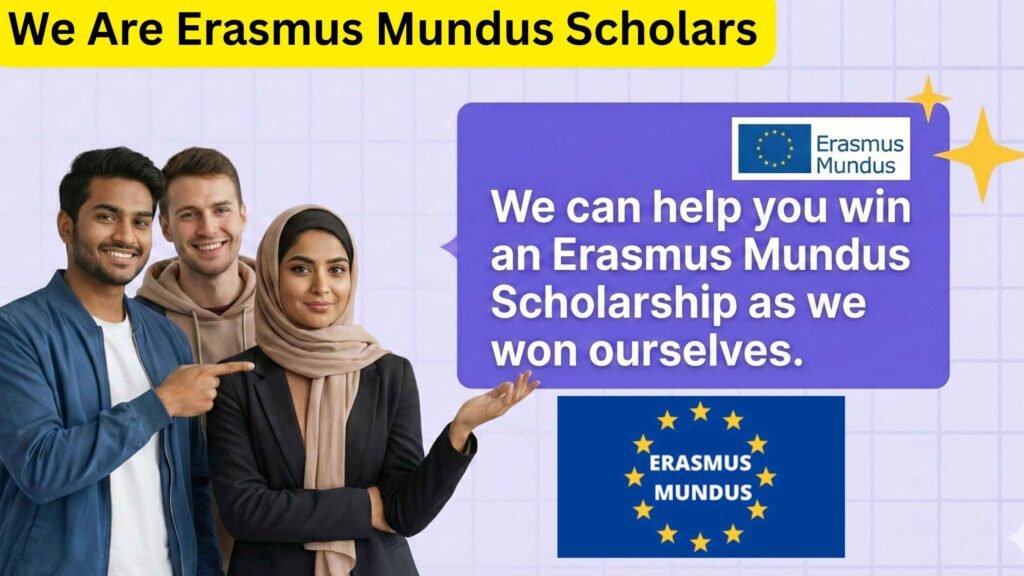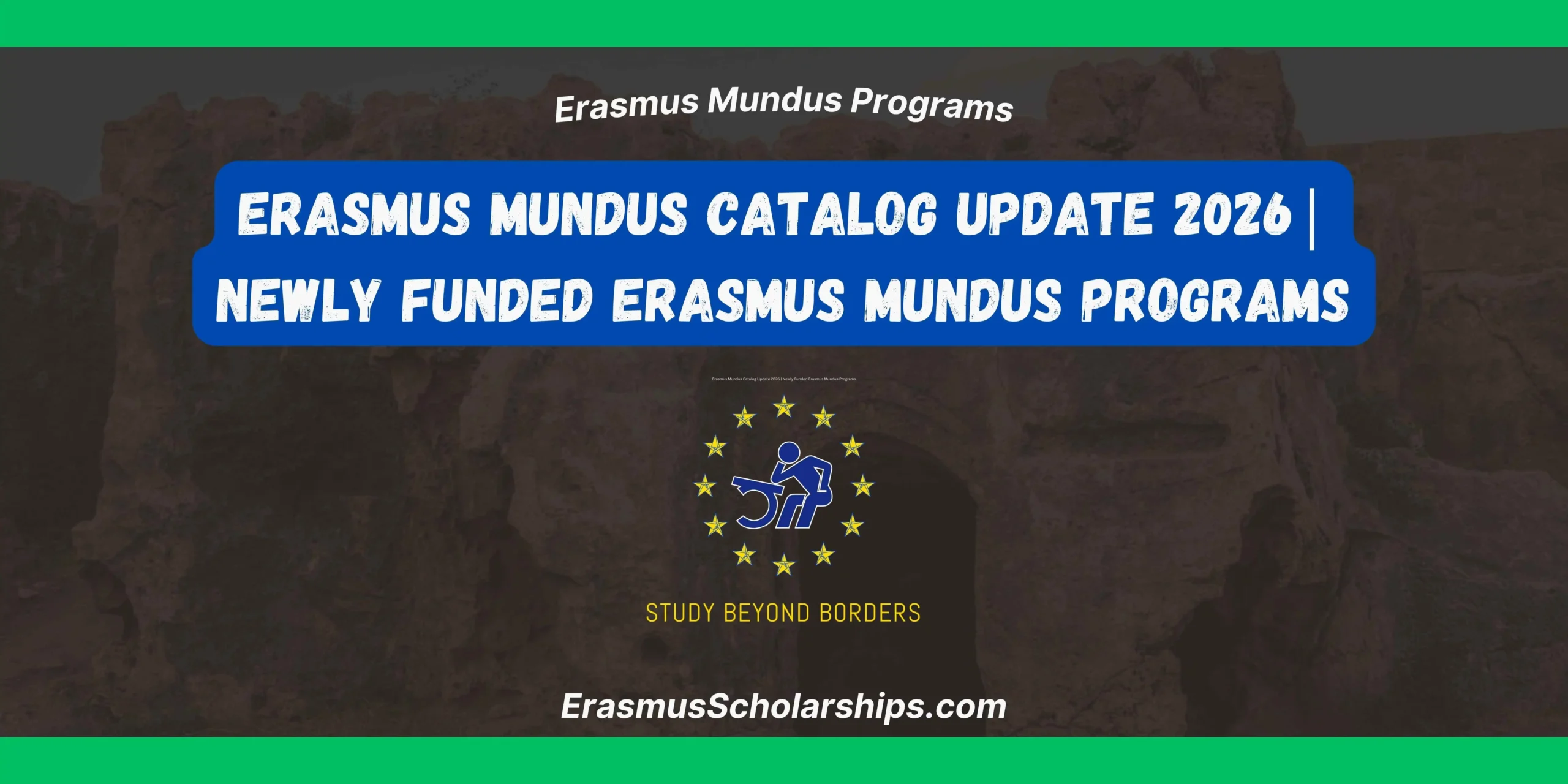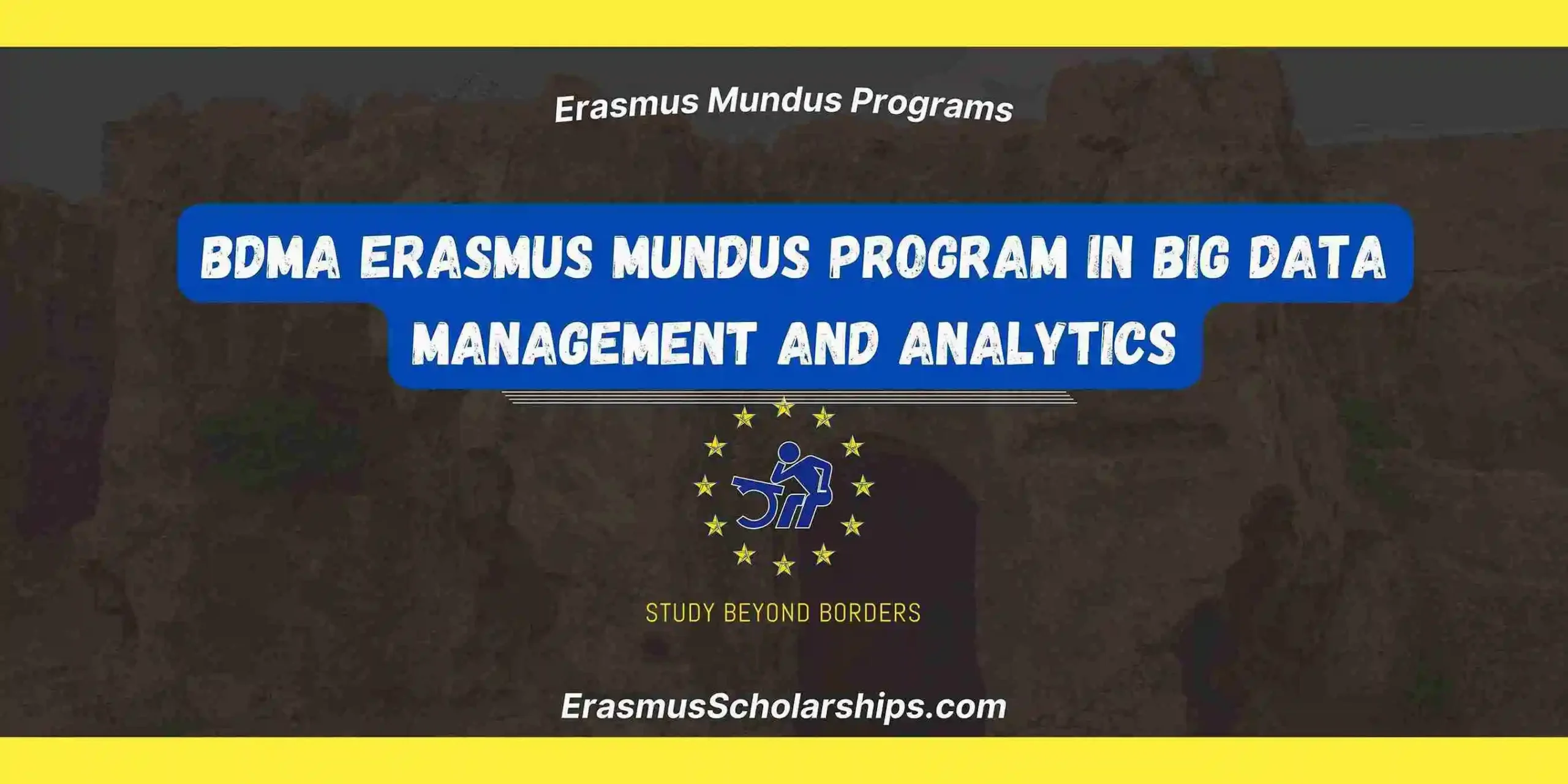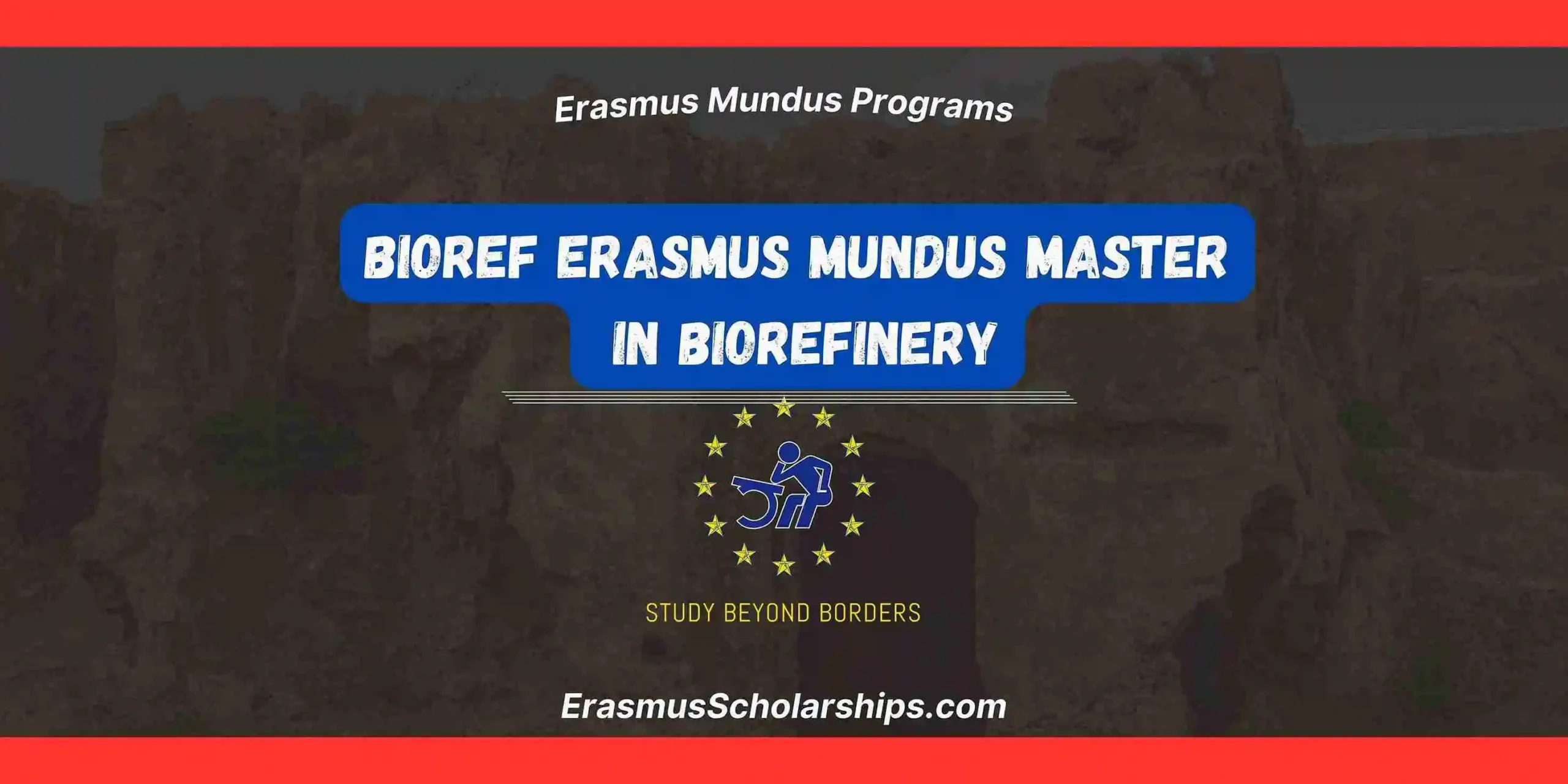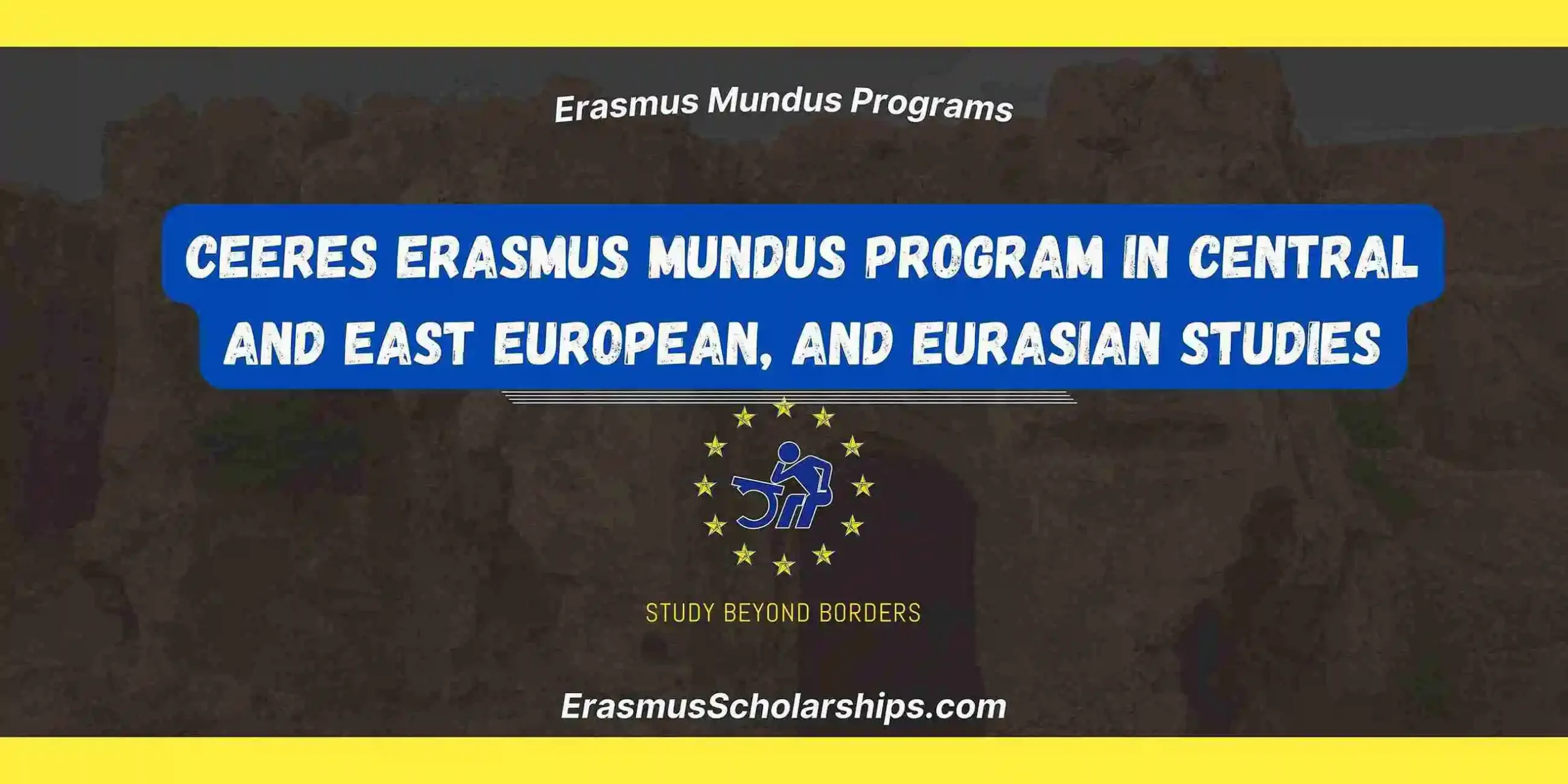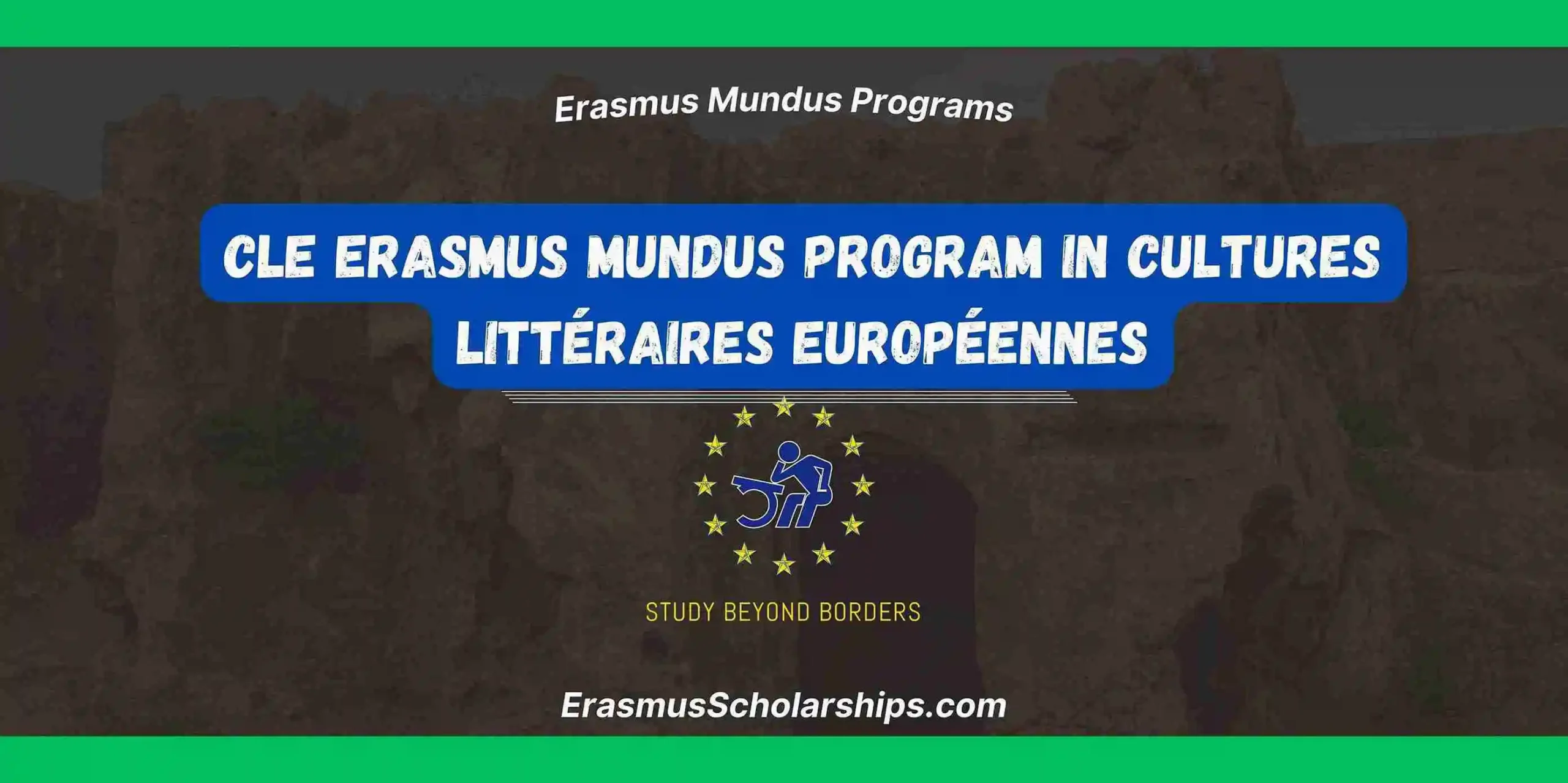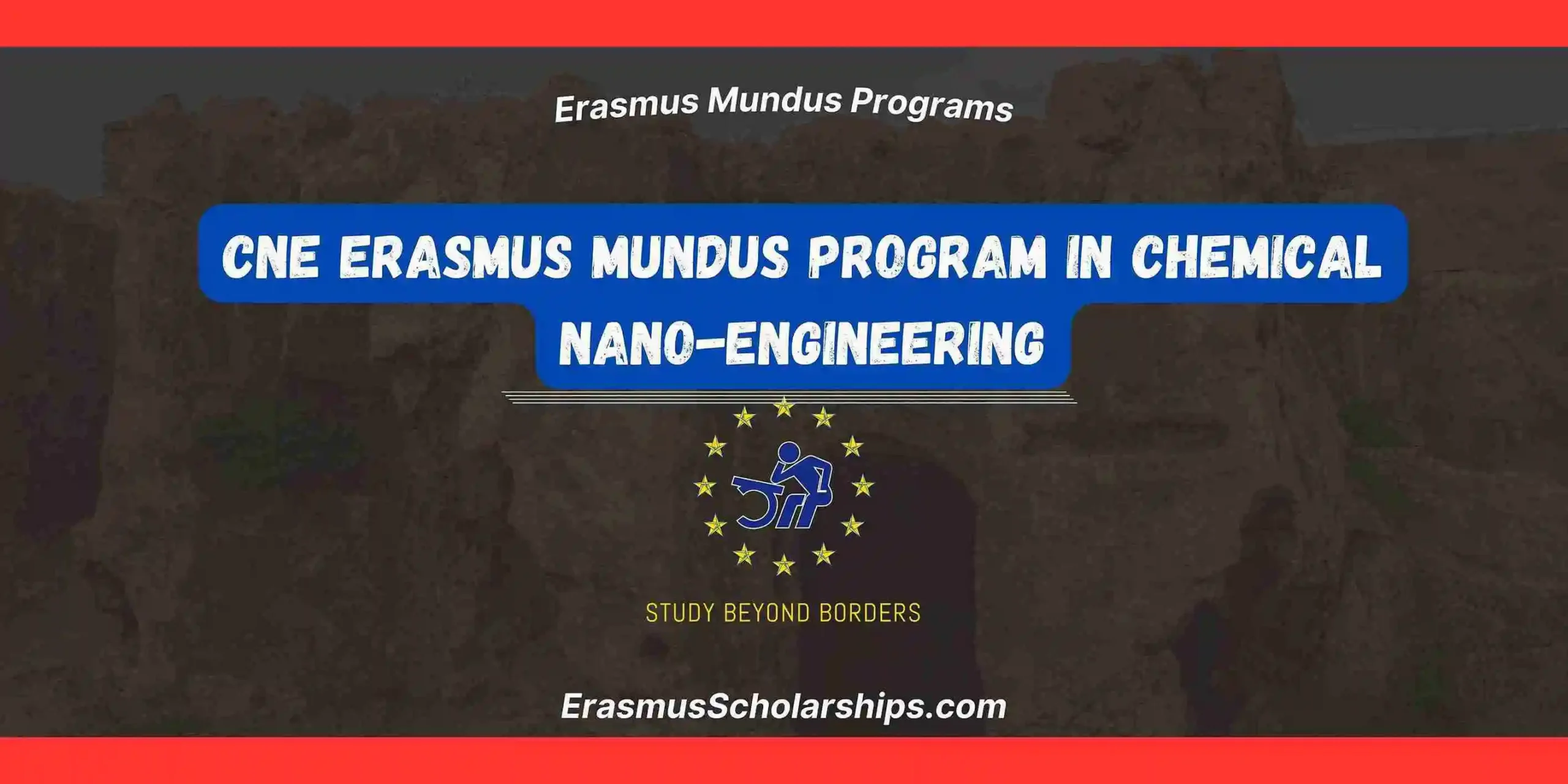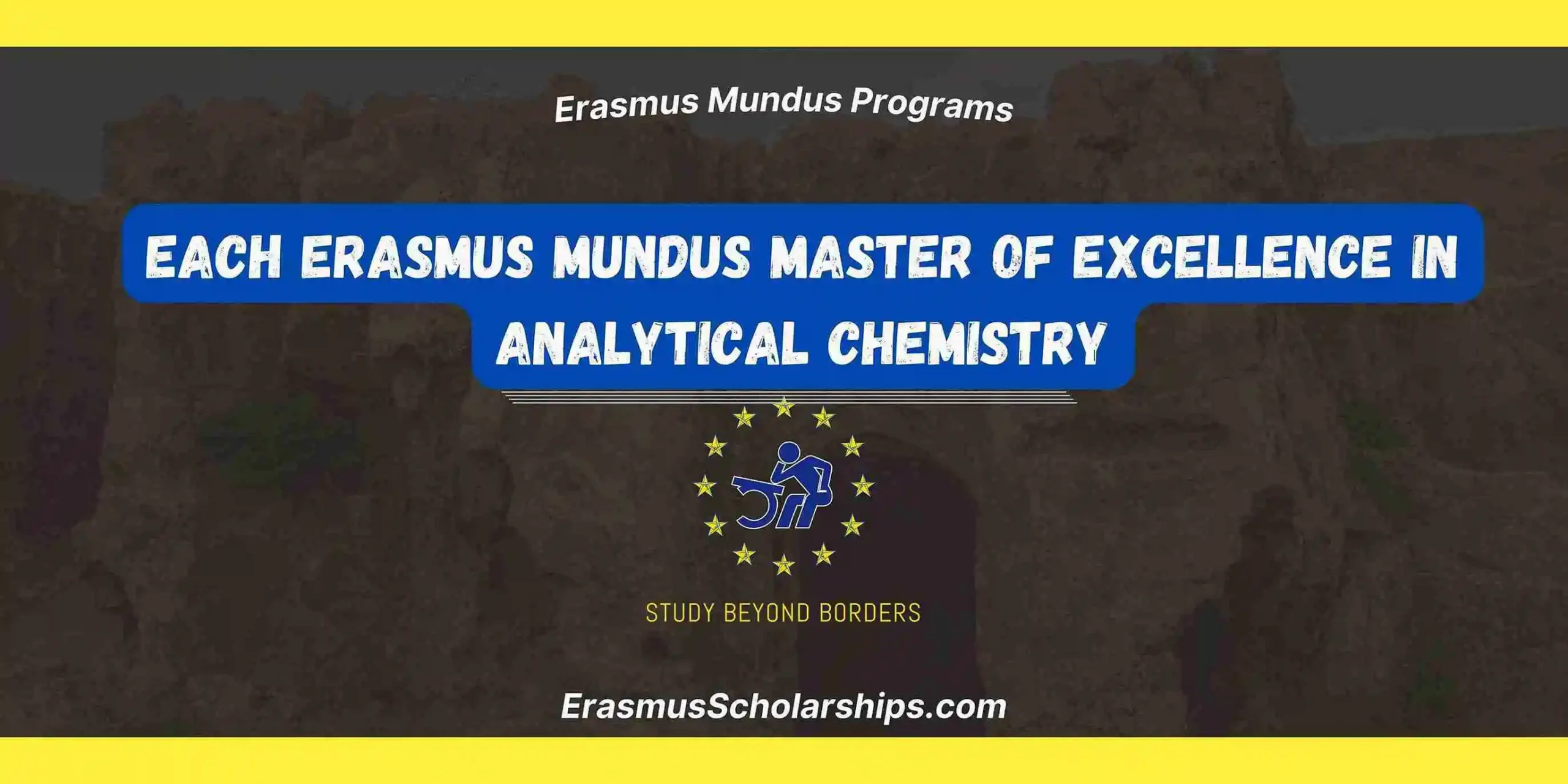The WAVES Erasmus Mundus Master’s program, standing for Waves, Acoustics, Vibrations, Engineering and Sound, is an elite, two-year, fully English-taught international Master’s course, supported by the European Union’s prestigious Erasmus Mundus initiative. This distinguished programme awards multiple national degrees along with a Joint Diploma Supplement, offering students an immersive, cross-border education in acoustical engineering.
Designed to cultivate expertise in areas ranging from advanced wave-phenomena modelling to designing silent transport systems for sustainable urban environments, the WAVES Erasmus Mundus programme equips graduates to address future challenges in noise reduction, audio-device performance, and structural health monitoring. These skills are increasingly sought after across industries, such as transportation, infrastructure, energy, musical acoustics, oceanography, and geophysics, where high-level acoustical engineering is essential.
Project Status
- Status: Ongoing
- Start date 02-09-2019
- End date 01-09-2026
- Action Type: Erasmus Mundus Joint Master Degrees
- Universities Involved
- Countries Involved
The TISE Erasmus Mundus program is a Master’s in Transition, Innovation and Sustainability Environments offered jointly by leading European universities in Austria, Portugal, Ireland, and Poland.
| Portugal |
| Spain |
| France |
This cross-border collaboration allows students to gain an international perspective while studying and researching in the heart of Europe’s academic and industrial hubs.
Description of the WAVES Erasmus Mundus Program
The WAVES Erasmus Mundus programme is a rigorous two-year Master’s course that blends theoretical foundations with hands-on practice in acoustical engineering. Through innovative teaching methods, such as flipped classrooms, problem-driven learning, and group projects, students benefit from traditional lectures, practical workshops, and exposure to visiting scholars and researchers from the full partner institutions. A key strength lies in its structured mobility scheme across diverse universities and strong ties with laboratories and industry for internships and job placements.
Key Features of the WAVES Erasmus Mundus Program
- International mobility spanning three European universities, offering rich exposure to different cultures and academic ecosystems.
- Innovative pedagogies, including flipped classrooms and problem-based learning.
- Access to industrial and laboratory networks spanning at least 41 partners globally, supporting internships, research projects, and job opportunities.
- Master’s thesis via internship, typically 4-6 months in industry or research labs, culminating in defense by September.
Mobility Tracks of the WAVES Erasmus Mundus Program
- Semester 1: Coimbra, Portugal: Engineering applications, fundamentals of building acoustics, structural dynamics.
- Semester 2: Gandia (Valencia), Spain: Numerical and experimental methods; psychoacoustics, electro-acoustics, room acoustics, musical & underwater acoustics.
- Semester 3: Marseille, France (AMU & ECM): Specialisation modules, environmental acoustics, nonlinear systems, metamaterials, acoustic imaging, aero-vibroacoustics, etc.
- Semester 4: Worldwide internship: Master’s thesis preparation in collaboration with associated and industrial partners.
Admission Requirements
- A Bachelor’s degree (180 ECTS) in acoustics or a related field: mathematics, physics, mechanical, electrical, civil engineering, or computer science.
- Proficiency in English: native or ≥6 months experience in an English-speaking environment; otherwise, CEFR B2 level via tests like Cambridge English, EF SET, TOEFL.
- Application package includes: CV (Europass), proof of ID/residency, English certificates, certified diploma translations, ranking letter if available, two references, and a cover letter (≤500 words) outlining motivation, expectations, and suitability.
How to Apply for WAVES Erasmus Mundus Program
- Prepare documents: Europass CV, English certification, ID/residency proof, translations, references.
- Compose a compelling cover letter (≤500 words) stating motivation, expectations, and why you’re a standout candidate.
- Register and submit via the official application platform.
- Applications are evaluated by the selection board, with outcomes categorized as: main list, reserve list, or rejection.
Tips to Win the WAVES Erasmus Mundus Program
- Showcases academic excellence and a deep interest in acoustics through your CV and grades.
- Write a crisp, heartfelt cover letter: explain why acoustics, why WAVES Erasmus Mundus, and why you’re uniquely suited.
- Highlight any related projects or research in acoustics or engineering.
- Secure strong references from professors or professionals familiar with your capabilities.
- Demonstrate global readiness, mobility flexibility, and enthusiasm for cross-cultural learning.
Application Timeline
- Application Open: November
- Application Deadline: January
- Program Start Date: September
Curriculum Structure of the WAVES Erasmus Mundus Program
Semester 1: Coimbra (UC)
- Building acoustics & vibrations fundamentals (6 ECTS)
- Computational modelling (3 ECTS)
- Acoustic rehabilitation and sustainable materials (6 ECTS)
- Advanced sound insulation & noise control (4.5 ECTS)
- Instrumentation & acoustic measurements (4.5 ECTS)
Semester 2: Gandia (UPV)
- CAD in acoustics (3 ECTS)
- Electroacoustic systems, psychoacoustics, room acoustics, musical acoustics, underwater acoustics, ultrasound, sound systems, programming instrumentation, synthesis & audio processing, simulation techniques, research seminars.
Semester 3: Marseille (AMU-ECM)
- Aeroacoustics & vibroacoustics; environmental acoustics; waves in continuum media; acoustic imaging; metamaterials; nonlinear systems; projects and professional project modules.
Semester 4
Coordinator Contact
- Email: BOISSAY Aurelien aurelien.BOISSAY@univ-amu.fr
Frequently Asked Questions (FAQs)
What is the admission process for the WAVES Erasmus Mundus Program?
The admission process for the WAVES Erasmus Mundus Program requires applicants to submit a Europass CV, proof of English proficiency, certified translations of academic transcripts, two references, and a motivational cover letter. All applications are reviewed by the selection committee, and candidates are placed on the main list, reserve list, or rejected.
What are the eligibility requirements for the WAVES Erasmus Mundus Program?
To be eligible for the WAVES Erasmus Mundus Program, candidates must hold a Bachelor’s degree in acoustics, physics, mathematics, mechanical, electrical, civil engineering, or computer science (minimum 180 ECTS) and demonstrate English proficiency at CEFR B2 level or above.
Does the WAVES Erasmus Mundus Program include internships?
Yes, the WAVES Erasmus Mundus Program includes a mandatory 4–6 month internship during the fourth semester, which serves as the basis for the Master’s thesis. Internships are offered in collaboration with industrial partners and research institutions worldwide.
How does the mobility scheme work in the WAVES Erasmus Mundus Program?
The WAVES Erasmus Mundus Program follows a structured mobility track. Students spend the first semester at the University of Coimbra (Portugal), the second at the Polytechnic University of Valencia (Spain), the third at Aix-Marseille University and École Centrale Marseille (France), and the fourth undertaking an international internship.
What degree is awarded after completing the WAVES Erasmus Mundus Program?
Graduates of the WAVES Erasmus Mundus Program are awarded multiple national Master’s degrees, along with a Joint Diploma Supplement, recognizing their international study track.
What is the language of instruction for the WAVES Erasmus Mundus Program?
The WAVES Erasmus Mundus Program is fully taught in English across all participating universities.
What career opportunities are available after the WAVES Erasmus Mundus Program?
Graduates of the WAVES Erasmus Mundus Program pursue careers in industries such as transport, aerospace, construction, audio engineering, musical acoustics, oceanography, and geophysics. Many also continue into PhD research in acoustics and related fields.

